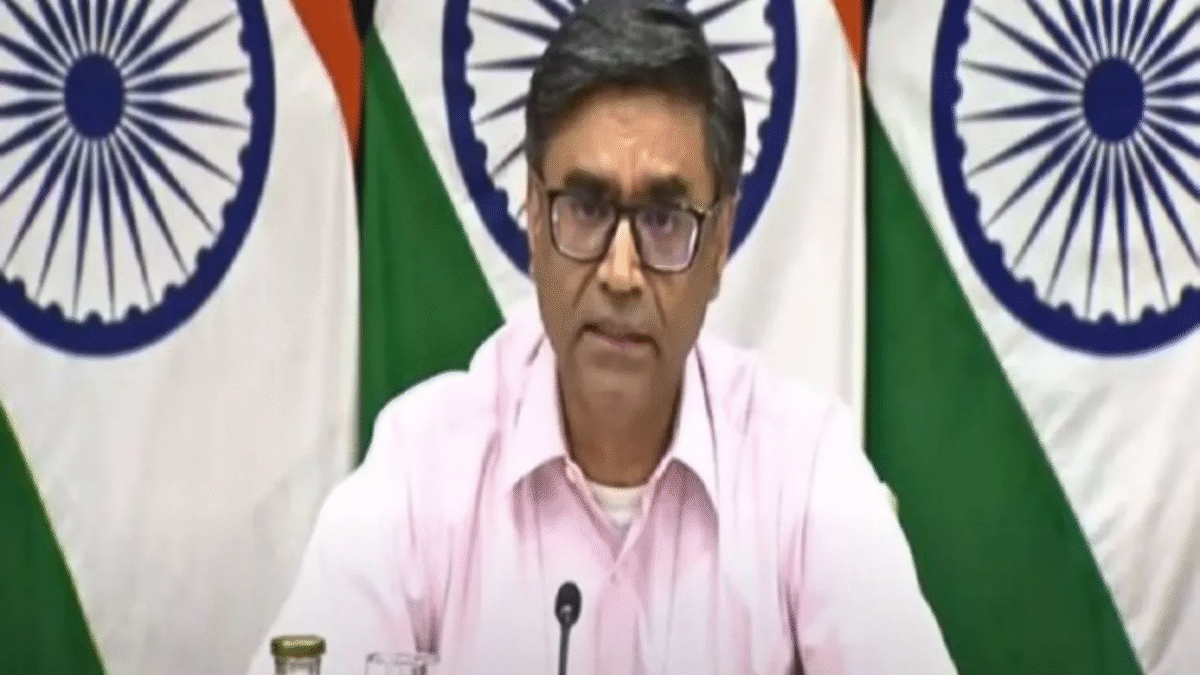After the horrific terrorist attack in Pahalgam, Jammu and Kashmir, the Indian government has taken decisive steps against Pakistan. , In protest against this attack, India has sent an official note to a senior Pakistani diplomat and declared him a ‘unwanted person’. Therefore, there has been a lot of curiosity among the people about what the ‘unwanted person’ means, what is its political meaning, and what is its historical origin.
What is an unwanted person?
The word ‘Persona Non Grata’ comes from the Latin language and means “unwanted or unpleasant person”. Made from these three Latin words, this phrase is a serious and official signal used in diplomacy and international relations. The term is mainly associated with foreign ambassadors, commercials or other diplomatic officials. If the government of a country believes that any diplomatic espionage of another country is engaged in dangerous tasks for political intervention or national security, then that officer is declared a ‘unwanted person’ and is expelled from that country.
Vienna Convention and Legal Basis
The concept of ‘unwanted person’ is officially recognized in the 1961 international treaty ‘Vienna Convention on Diplomatic Relations’. According to this agreement, any country can declare a foreign diplomat unwanted without giving any reason. After this announcement, the diplomatic immunity of the person concerned ends and has to leave that country immediately.
Credit: Social Media
Recent events related to India-Pakistan
28 innocent citizens were killed in a cowardly terrorist attack in Pahalgam on Tuesday. The Government of India has evidence that the roots of this attack go to Pakistan. Therefore, India took a tough stance and summoned the senior ambassador of Pakistan and issued a ‘Persona Non Grata’ notice. With this, India decided to cancel the 65 -year -old Indus Water Treaty, closed the attic border and gave clear indications of limiting diplomatic relations.
Political meaning of unwanted person
By declaring an ‘unwanted person’, a country gets permission to register his protest without resorting to war or attack. It is a humble but harsh sign that this attitude of the country will not be tolerated. From a diplomatic point of view, it is a type of diplomatic “inverted green signal”. Strict warning to break the relationship despite adopting a peaceful route.
Increase in popularity
The term, which was previously used only in political and diplomatic circles, is now being used in media and general interactions. Especially when a person is considered undesirable in society, organization or institution, it is called ‘unwanted person’.
‘Unwanted person’
‘Persona Non Grata’ is not just a word, but it is a decisive edge in a diplomatic message, a strategic stance and international relations. By taking this decision, India has made it clear to Pakistan that terrorism will no longer be tolerated and strict steps will be taken. This incident has become a great example of how the word ‘Persona Non Grata’ is not just a linguistic word, but an important part of a country’s diplomacy and defense policy.
The post Persona Non Grata: India gave a diplomatic blow to Pakistan, sent a ‘non -grant’ note to Pakistani ambassador first appeared on News India Live | Breaking India News, The Indian Headline, India Express News, Fast India News.
